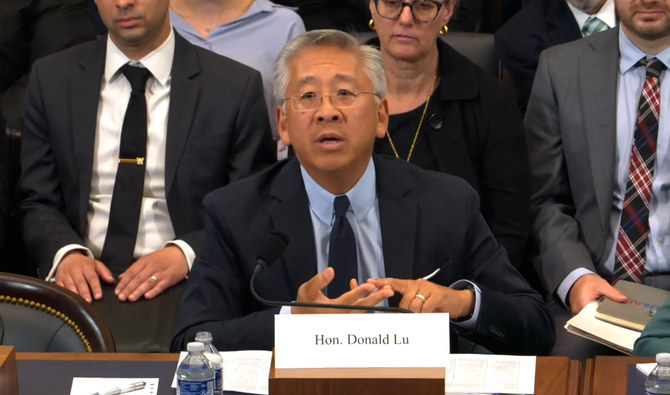PTBP Web Desk
President-elect Donald Trump’s transition team has taken a proactive step in addressing the issue of online drug sales by inviting five major technology companies for a discussion in mid-December. According to a report by The Information on Sunday, the companies include Google, Microsoft, Meta Platforms, Snap, and TikTok. The meeting aims to explore strategies and challenges in combating the sale of illicit drugs on digital platforms.
A representative for Jim Carroll, the drug czar during Trump’s first term, along with Trump’s transition team, reportedly emailed staff from these tech giants on Thursday to extend the invitation. The purpose of the call is to understand the companies’ priorities and the obstacles they face in mitigating the online sale of drugs. The report cited a source with direct knowledge of the correspondence.
As of now, Google, Microsoft, Meta, Snap, TikTok, and Trump’s transition team have not responded to requests for comment from Reuters.
Trump’s Focus on Fentanyl and Drug Control
Donald Trump has repeatedly emphasized his commitment to tackling the fentanyl crisis in the United States. This synthetic opioid has been a significant contributor to the opioid epidemic, claiming hundreds of thousands of lives. Trump has pledged to pressure Mexico to increase its efforts to curb the flow of fentanyl into the U.S. Furthermore, he has threatened to impose steep tariffs on goods from Mexico and Canada unless these nations intensify their efforts against fentanyl trafficking and illegal migration.
In November, Trump announced on his social media platform, Truth Social, his plans to launch a large-scale United States Advertising Campaign. The campaign’s objective will be to raise awareness about the dangers of fentanyl and its devastating impact on individuals and communities.
Ongoing Legal and Regulatory Challenges
This initiative comes amidst growing scrutiny of tech companies’ roles in facilitating online drug sales. In March, The Wall Street Journal reported that U.S. prosecutors were investigating whether Meta had profited from the sale and distribution of drugs on its platforms, Facebook and Instagram. This investigation underscores the challenges that social media platforms face in monitoring and controlling illicit activities conducted by users.
Earlier this year, eBay agreed to a $59 million settlement with the U.S. Department of Justice. The agreement included upgrading compliance measures to address allegations that the platform failed to prevent criminals from purchasing devices used to manufacture counterfeit drugs, including pills laced with fentanyl.
Tech Companies Under Pressure
The involvement of major technology firms highlights the significant role they play in monitoring online marketplaces and social media platforms where illicit drug sales occur. These companies have invested in artificial intelligence tools and moderation teams to identify and remove prohibited content. However, the scale of the problem and the sophisticated methods employed by traffickers present ongoing challenges.
This meeting between Trump’s transition team and tech companies signals a collaborative approach to tackling these issues. It remains to be seen what specific measures will emerge from this dialogue and how they will impact the broader fight against drug trafficking.
Broader Implications
The outcome of these discussions could shape future policies and partnerships between the government and technology companies. As the digital landscape continues to evolve, the need for innovative and effective solutions to combat illicit activities online becomes increasingly critical.
By addressing barriers and leveraging the resources of tech giants, the Trump administration’s initiative seeks to protect Americans from the dangers of illicit drug sales while holding companies accountable for their role in enabling such activities.




